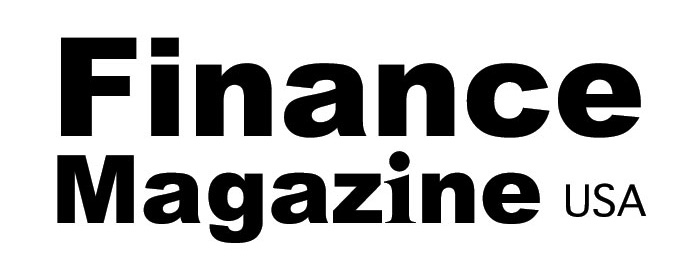Inflation-Wrestling: Are We Over the Worst?
The nightmare of soaring consumer-price inflation may be finally fading. Last year, the OECD club of rich countries saw a decrease in inflation from 10.7% in October 2022 to 6.2% in September. Recent data from the US and UK offer more hope, with wage growth showing signs of slowing down. This has led to a surge in share prices as investors anticipate a turnaround and potential interest rate cuts from central banks.
But before we get too carried away, let’s take a deeper look. The Economist previously looked at a measure of “inflation entrenchment” last year which showed the spread of inflation across the rich world. We’ve re-analyzed the data, looking at core inflation, unit labor costs, “inflation dispersion”, inflation expectations, and Google-search behavior to form an “inflation-entrenchment” score for ten countries.
The findings reveal that inflation is deeply entrenched, possibly worse than in 2022. Affected countries include the Anglosphere, although there are some bright spots like Italy and Spain. On the upside, it seems that the war against inflation might be nearing an end in Japan and South Korea.
So, what can struggling countries learn from those who have managed to conquer inflation? Let’s take a closer look.
Australia, the worst-performing country, is experiencing a red-hot job market with significant labor cost increases. Inflation dispersion is also at its highest in Australia compared to other countries. On the other hand, countries like Canada and the US have their own set of issues in dealing with inflation.
In terms of fiscal stimulus, Anglophone countries have received about 40% more stimulus than other rich places and it has been more focused on cash handouts rather than measures to support businesses. This may have fueled demand, leading to a higher inflation rate. Furthermore, monetary policy and immigration have also played a role in driving up inflation in these countries.
In contrast, countries like Japan and South Korea are faring better, with lower inflation expectations and less interest in searching for inflation-related information online. Their history of living with low inflation has perhaps shaped their current mindset, leading to a quicker shift in a disinflationary direction.
Europe has seen a significant drop in inflation expectations, particularly in Italy and Spain where energy-price increases were less pronounced, preventing further inflation anticipation. However, Germany is seeing a surge in unit labor costs due to a tight job market. The overall picture is mixed in Europe.
It’s clear that the battle against inflation is not over, and different countries are facing varying challenges. As we navigate through this economic landscape, it’s crucial to stay informed and adapt to the changing environment. For more expert analysis on the latest economic, finance, and market trends, be sure to sign up for our weekly newsletter, Money Talks.
Source link




